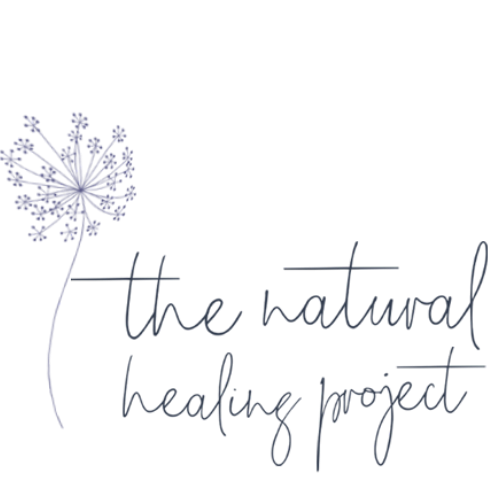Emotions and Essential Oils
AROMATHERAPY
To keep it short and sweet, the limbic system in the brain basically stores our emotional life. It supports our emotions, behavior, motivation, etc. When the volatile compounds in essential oils are released into the air, there are molecules that find their way to nerves which send the memo to the olfactory bulb in the brain. This is turn triggers our amygdala which uses this sense of smell to inform the emotional response of a situation. A great example of this is how the scent of fresh baked cookies may take you emotionally right back to Grandma’s house and memories of holiday baking.
Unfortunately, not all memories are good memories. This is where essential oils can assist in re-patterning the emotional response, and allowing suppressed feelings to be released. While an essential oil does not do the healing work for an individual, it does support physical responses of relaxing, which can lead to the openness that surrendering requires. When our bodies come physically into healing through homeostasis, repressed negative emotions become very uncomfortable. The same vulnerability that allows negative emotions and limiting beliefs to be released, invites room for greater spiritual awareness and connection to fill in.
Emotional healing can be uncomfortable but it is a necessary step. Suppressed emotions cause a feeling of dis-ease in the body. This may show up in the form of anxiety, headaches, feelings of overwhelm, depression and so on.
Read more about how psychology meets chemistry in emotional aromatherapy here.
The Doterra Solution
Have you ever heard of the term emotional intelligence? Emotional intelligence refers to the ability to be aware of, understand, and manage the expression of your own emotions as well as handling the emotions of other people with empathy and prudence.
Essential oils are key players in mood management. By learning to understand how the constituents in an essential oil affect and support certain moods, you will be better able to support not only your balanced mood, but those of others as well. Consider the stress a young mom might feel in hauling a bunch of kids to the grocery store. Finding an oil that supports a balanced and relaxed state for everyone involved in the errand will be beneficial on many levels. Applying an oil high in linalool, like lavender or magnolia, will support calming and centering emotions for both the kiddos as well as mama. This small proactive step in managing the little stresses of the day has a big payoff in terms of emotional well-being and minimizing the compounding effects of stress in the body. Learning to anchor activities with oils is a powerful proactive measure. I educate more on this and other healthy habits in The Natural Healing Project Community group where I provide “members only” access to every free resource imaginable to support emotional balance. In the meantime, the emotional aromatherapy wheel is a helpful tool to use as a starting point for emotional wellness.
CALMING ANXIOUS FEELINGS
REST AND MANAGING STRESS
Holistic health is predicated on rest and stress management. Lack of sleep inhibits the ability to fight infection and stress. Sleep rituals anchored in essential oils are very useful in decompressing. Whether you choose to add oils that promote relaxation to an epsom salt bath, or diffuse calming oils at bedtime, doTERRA essential oils provide real solutions to support healthy rest and aid in stress reduction. Peek here for more support on rest and managing stress and here for five ways to de-stress. if you’d like to geek out on even more science supporting the use of essential oils, consider reading this interesting article on lavender and seratonin.


